News + Media
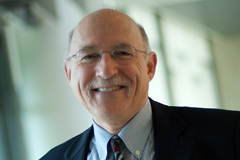 |
News ReleaseJuly 1, 2006Professor Barry Posen becomes Director of the MIT Security Studies ProgramBarry Posen, Ford International Professor of Political Science at the Massachusetts Institute of Technology, assumed the directorship of the MIT Security Studies Program (SSP) on July 1, 2006. He succeeds MIT political scientist Harvey Sapolsky, who retired after 40 years of teaching at MIT and 15 years directing SSP, which is part of CIS. |
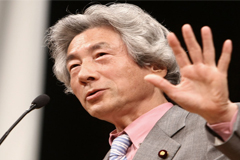 |
Analysis + OpinionJune 28, 2006Japan's Jujitsu leaderRichard J. SamuelsBoston GlobeIn five short years, Koizumi created a more muscular Japan with more security options than at any time since the 1940s. |
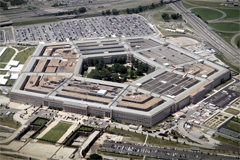 |
AuditJune 1, 2006Budgets to make America saferCindy Williams, MITSince September 2001, federal budgets for national security have climbed more than 50 percent in real terms. Unfortunately, much of the added money reflects “business as usual” rather than programs aimed at making the nation safer from today’s threats. |
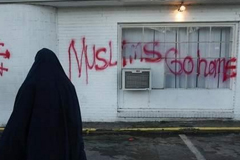 |
AuditJune 1, 2006Immigration and insecurity: post-9/11 fear in the United StatesJohn Tirman, MITThe attacks of September 11, 2001, transformed the landscape of global security, none more than borders and immigration. The topography of citizenship, belonging, and suspicion instantly changed for Arab and Muslim communities in the United States. They drew the sharp attention of U.S. law enforcement and intelligence services, and that continues. |
 |
News ReleaseMay 6, 2006Iraqi journalist Huda Ahmed named Elizabeth Neuffer Fellow at MIT's Center for International StudiesCIS announced today that Huda Ahmed, an Iraqi journalist who has been covering the war in Iraq for the Knight Ridder newspapers, will become the Center's second Elizabeth Neuffer Fellow. The announcement was made at the Elizabeth Neuffer Forum held on May 10, 2006. |
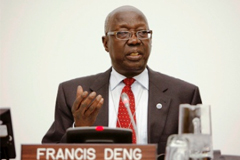 |
News ReleaseMay 1, 2006Ambassador Francis Deng, Sudan expert, joins the MIT Center for International StudiesFrancis Mading Deng, Research Professor of International Politics, Law and Society and Director of the Center for Displacement Studies at the Johns Hopkins University School of Advanced International Studies in Washington, D.C., joined CIS as the Center's second Robert E. Wilhelm Fellow. |
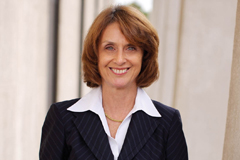 |
News ReleaseMay 1, 2006Ambassador Bodine joins MIT's Center for International StudiesBarbara Bodine, a former career diplomat who served in 2003 as coordinator for post-conflict reconstruction for Baghdad and the central governorates of Iraq, and from 1997-2001 as U.S. Ambassador to Yemen, joins MIT's Center for International Studies (CIS) as a Visiting Fellow on May 1, 2006. |
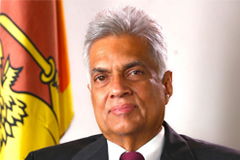 |
News ReleaseApril 10, 2006Former Sri Lankan Prime Minister, Ranil Wickremesinghe, visits MIT's Center for International StudiesRanil Wickremesinghe, a lawyer who was Sri Lanka's Prime Minister from 1993-1994 and 2001-2004, has begun a several-week residency at CIS. Mr. Wickremesinghe, who will have an office at CIS until early May, will likely meet with MIT students about the resolution of civil conflicts, a subject with additional saliency given the ongoing strife in Iraq. |
 |
AuditApril 1, 2006A double standard on nuclear weapons?Hugh Gusterson, MITThere has long been a widespread perception among U.S. defense intellectuals, politicians and pundits that, while we can live with the nuclear weapons of the five official nuclear nations for the indefinite future, the proliferation of nuclear weapons to nuclear-threshold states in the Third World, especially the Islamic world, would be enormously dangerous. This orthodoxy is so much a part of our collective common sense that, like all common sense, it can usually be stated as simple fact without fear of contradiction. |
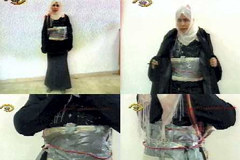 |
AuditApril 1, 2006Human bombs: rethinking religion and terrorNichole Argo, MITSuicide terror has become a daily news staple. Who are these human bombs, and why are they willing to die in order to kill? Many observers turn to Islam for an explanation. They cite the preponderance of Muslim bombers today, indoctrination by extremist institutions, and the language used in jihadi statements. |



